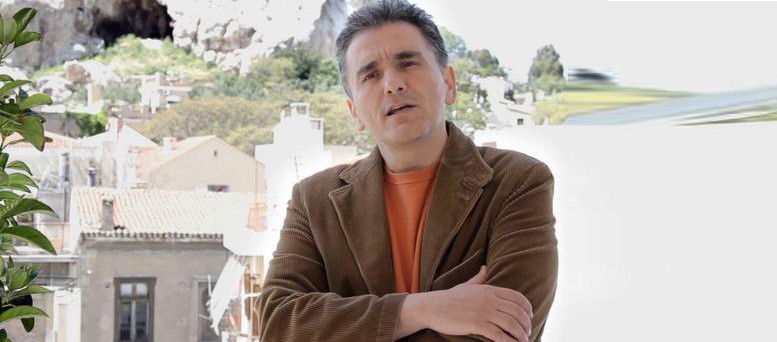Of course, there is much more to Alternate Foreign Minister Euclid Tsakalotos – the new head of the “political negotiation” team – than being an economics professor, just as there is to Finance Minister Yanis Varoufakis, who appears to have been corralled by a series of moves on Monday.
Tsakalotos has accompanied Varoufakis to a number of his international meetings since January and has already taken part in the tortuous technical talks with the institutions. In this sense he is not a newcomer but, like Varoufakis, his practical experience coming into the job does not match his broad and admirable grasp of economics.
So, why should Monday’s announcement buoy the stock market and bring down Greek bong yields? Because it is a clear indication from Prime Minister Alexis Tsipras that he wants to remove any obstacles he can towards achieving an agreement that would unlock funding for his liquidity-parched government.
Following a brutal Eurogroup in Riga on Friday, Varoufakis was left isolated. The personal nature of the attack against him crossed all kinds of invisible diplomatic lines. As Bloomberg reported, “eight participants broke decorum to describe what happened behind closed doors” after the meeting. One unnamed official said that the Greek minister had been branded “a time-waster, a gambler and an amateur” by his colleagues during the meeting. It’s little wonder he preferred not to spend the evening with them at an official dinner.
Varoufakis’s counterparts had been building up to this concerted attack, reducing the impasse in the talks to a personality issue. It may be the case that Varoufakis was indeed the dominant factor in the deadlock but even if he wasn’t, from the moment that Greece’s lenders had identified him as such, Tsipras had to act.
The prime minister upgraded the role of Tsakalotos, who is viewed in a more positive light than Varoufakis by many European officials, and replaced the finance minister’s pick for Greece’s representative at the Brussels Group with Giorgos Houliarakis, the head of the Council of Economic Advisers (SOE), another figure that is repected by the creditors. In doing so, Tsipras sent the signal that he is upping his efforts to reach a compromise with lenders.
However, in their enthusiasm at this reshuffle, markets missed a vital aspect, which is that the personalities involved in this process are the least of the obstacles to an agreement. It is true that apart from being more acceptable to Greece’s lenders, Tsakalotos is also a SYRIZA member (unlike Varoufakis) and is likely to have a better rapport with fellow MPs and understanding of their concerns. Varoufakis’s aloofness had started to rile some leftist lawmakers soon after the government came to power.
However, Tsakalotos now being front and centre offers no guarantee of a deal. Whether it is him delivering the bitter pill to SYRIZA MPs or Varoufakis, makes little difference; they are not going to swallow it easily either way. And this is where the problem really lies. This is about the substance of the agreement between Greece and its lenders. On this, there is a huge gap to bridge in the coming days.
Privatisations, labour market liberalisation, VAT hikes and, most of all, pension reform are onerous matters for this government to tackle, even more so than the previous coalition, which opted not to even try to pass these measures through Parliament in December. Along with agreeing the “appropriate” primary surplus for this year and whether any further measures will be needed to reach it, this is where the nub of the current negotiations lies.
It is the way in which these issues are tackled and the extent to which Athens and the institutions can compromise on them that will define the outcome of the talks. One thing is certain: It won’t be a popularity contest.
*Read the original article here. Follow Nick Malkoutzis on Twitter.






Be the first to comment on "Euclid Tsakalotos: The faces change, the issues remain the same"